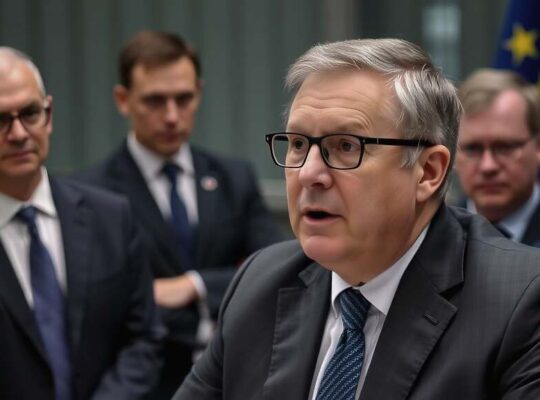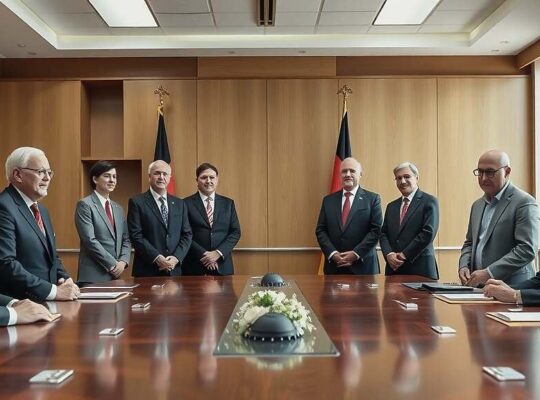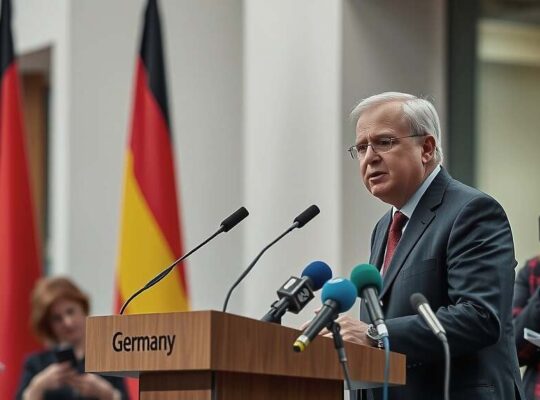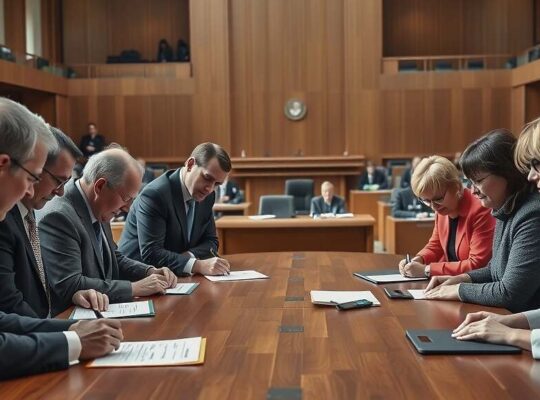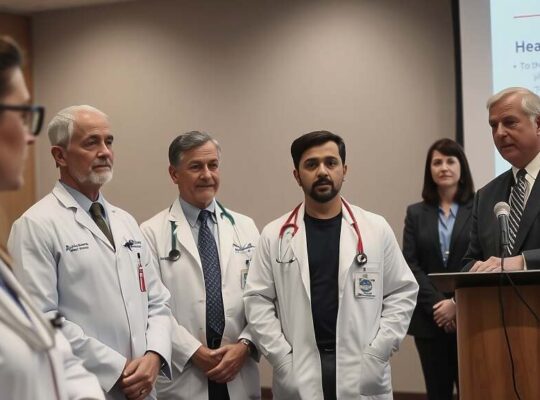A growing consensus is emerging in Germany regarding the need to streamline interactions between patients and medical professionals. Markus Beier, Chairman of the German Association of General Practitioners, has voiced his support for a plan proposed by Federal Minister of Health Nina Warken, aimed at reducing the frequency of physician visits.
Minister Warken has previously highlighted that Germans tend to seek medical advice more often than citizens of other nations, a phenomenon that doesn’t necessarily correlate with improved health outcomes or longevity. To address this, she advocates for enhanced coordination within the healthcare system, aiming to minimize unnecessary appointments and expedite access to care for patients who genuinely require it. A key element of her strategy includes the introduction of a primary care physician system.
Beier echoed this sentiment, asserting that the German healthcare system is overly complex, often leaving patients unsure of where to best direct their specific medical concerns. He emphasized that the ongoing demographic shift necessitates a more efficient utilization of resources, suggesting that the current density of doctor-patient interactions is unsustainable.
The concept of a comprehensive primary care system, where general practitioners serve as the initial point of contact for patients, was championed by both officials. Beier believes such a system would provide greater structure, directing patients to appropriate care pathways more effectively, potentially decreasing overall doctor visits and improving the overall quality of care. He pointed to existing models in other European countries as precedents.
Beier also highlighted an already existing, voluntary program, the “house doctor model” which mandates a home-centered care approach from statutory health insurance providers. He urged the government to build upon this established framework and strengthen it, aligning with stipulations outlined in the current coalition agreement, rather than embarking on a potentially lengthy process of entirely new system development – a timeline he characterized as untenable given the urgency of the situation.



